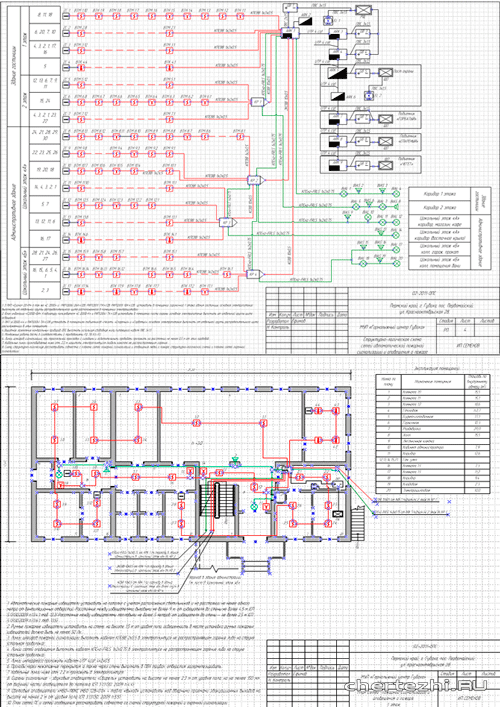Dec 29, 2009 Just to save everyone from the math, if an attacker tried the top 100 passwords as guesses, they would have been able to crack 1,483,668 passwords from the dataset, or 4.5% of the total passwords.
Kali linux is a distribution designed for penetration testing and computer forensics, both which involve password cracking. So you are right in thinking that word lists are involved in password cracking, however it's not brute force. Brute force attacks try every combination of characters in order to find a password, while word lists are used in dictionary based attacks. Many people base their password on dictionary words, and word lists are used to supply the material for dictionary attacks. The reason you want to use dictionary attacks is that they are much faster than brute force attacks.
If you have many passwords and you only want to crack one or two then this method can yield quick results, especially if the password hashes are from places where strong passwords are not enforced. Typical tools for password cracking (John the Ripper, ophtcrack, hashcat, etc) can do several types of attacks including: • Standard brute force: all combinations are tried until something matches. You tpyically use a character set common on the keyboards of the language used to type the passwords, or you can used a reduced set like alphanumneric plus a few symbols. The size of the character set makes a big difference in how long it takes to brute force a password.
Password length also makes a big difference. This can take a very long time depending on many factors • Standard dictionary: straight dictionary words are used. It's mostly used to find really poor passwords, like password, password123, system, welcome, 123456, etc. • Dictionary attack with rules: in this type dictionary words are used as the basis for cracks, rules are used to modify these, for instance capitalizing the first letter, adding a number to the end, or replacing letters with numbers or symbols Rules attacks are likely the best bang for the buck if all you have are standard computing resources, although if you have GPUs available brute-force attacks can be made viable as long as the passwords aren't too long. It depends on the password length, hashing/salting used, and how much computing power you have at your disposal.
In addition to what's already mentioned here, the wordlists are used in conjunction with some of the web app tools and things such as sqlmap. If you're looking for places to use them, download some of the 'boot to root' VMs like Kioptrix and De-ICE and have a go at brute-ing some passwords. As for specific lists for specific types of hacks - not really. Canon ir 2016 download standby canon.
Unless you're doing something targeted against a person you know some facts about (in which case you'll use something like CUPP - Common User Passwords Profiler - to generate a custom wordlist for that particular target).
Last updated: Nov 20 2018 Today you'll be able to download a collection of passwords and wordlist dictionaries for cracking in Kali Linux. A wordlist or a password dictionary is a collection of passwords stored in plain text. It's basically a text file with a bunch of passwords in it. Most of the wordlists you can download online including the ones I share with you here are a collection of uncommon and common passwords that were once used (and probably still is) by real people. You can create your own wordlist or use existing ones that's been compiled by others. Usually wordlists are derived from data breaches like when a company gets hacked.
The data stolen is then sold on the dark web or leaked on certain websites such as. You can download the full collection of wordlists on Github. Note, I sorted and separated them in alphabetical order in order to meet Github's upload size requirements. For more information on how to download and decompress the files, please continue reading. Where did you get the passwords from? I dug them up using advanced Google search operators.
The majority I found from websites that share leaked passwords. How do I use this? A wordlist is used to perform dictionary attacks. For example, you can use it to crack WiFi WPA2 using aircrack-ng: aircrack-ng handshake.cap -w /path/to/wordlist.txt I've personally tried it and was able to crack 3/10 wifi networks near me. Just bare in mind that using password cracking tools takes a lot of time, especially if done on a computer without a powerful GPU. Also, this might be obvious to most, but I had a few people email me telling me none of the wordlists worked for them.so I'm about to say it THIS ONLY WORKS IF THE PASSWORD IS INCLUDED IN THE WORDLIST.
Latest Pages
- Russkij Alfavit Propisnie Bukvi
- Ddex Provider Firebird Install
- Descargar El Lunatico Y Su Hermana Libertad Pdfescape
- Shabloni Dlya Odnostranichnika
- Blaupunkt Werke Gmbh Raspinovka I Razblokirovka
- Capella Keygen Anleitung Zauberwrfel
- Download Slide A Lama For Pc
- Nissan Connect Sd Map Update Torrent
- 23 Mike Will Made It Miley Cyrus Wiz Khalifa Mp3 Download
